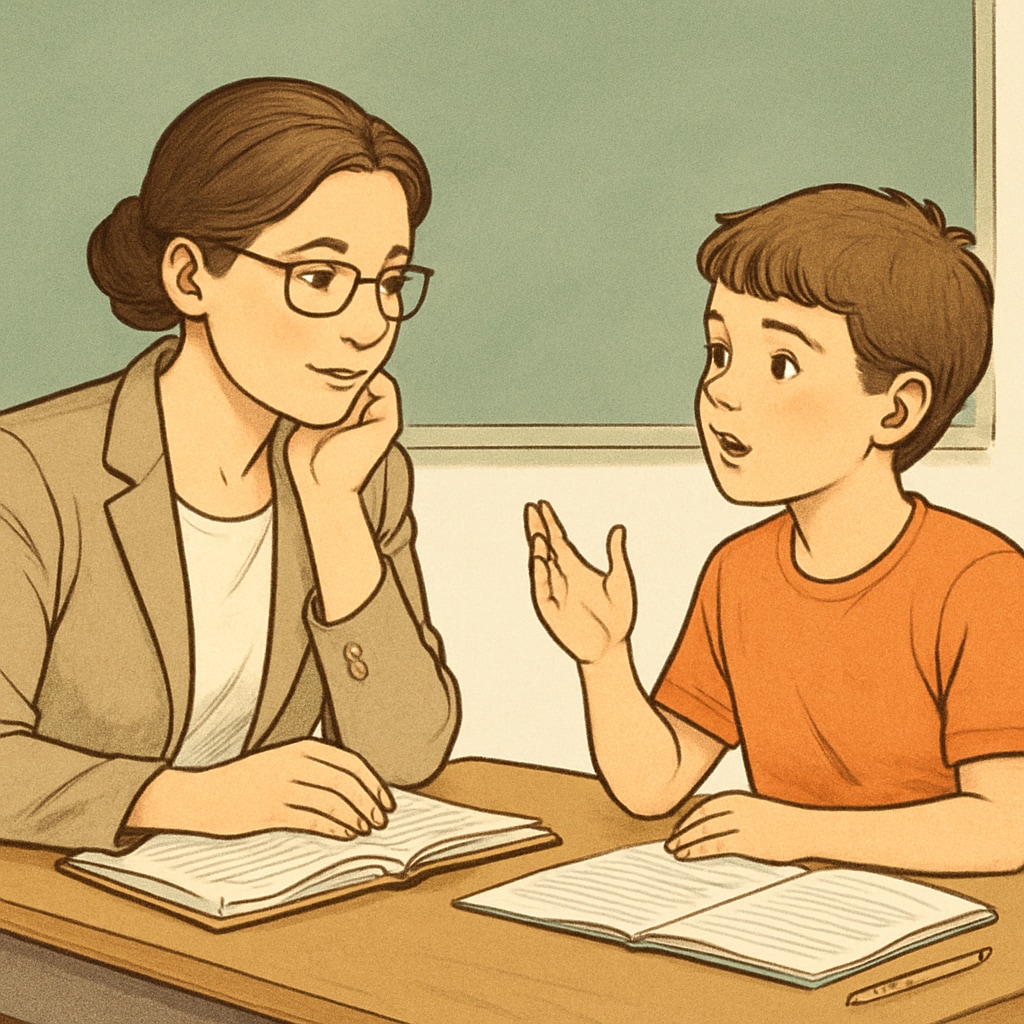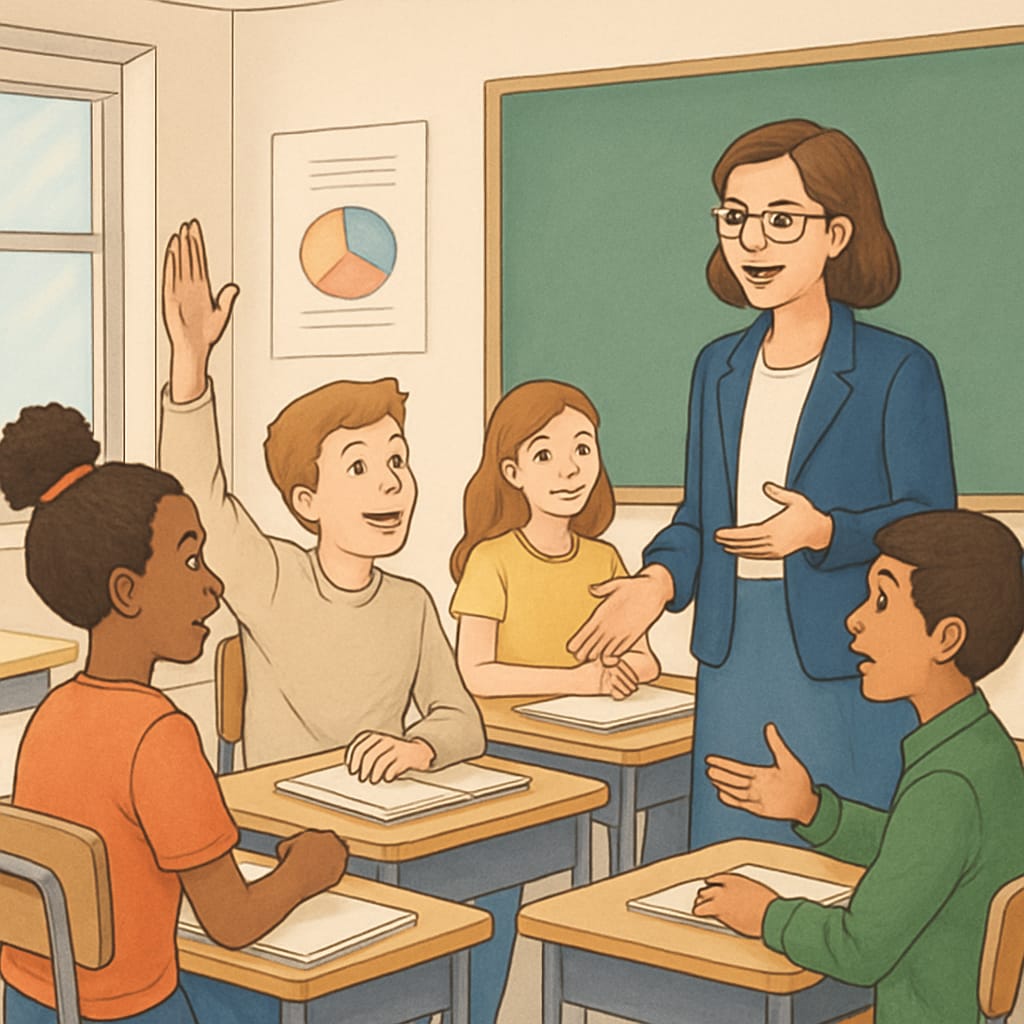In the realm of education, the profound impact of “student gratitude, teacher impact, respect” often goes unnoticed. Yet, these elements collectively form the foundation of transformative learning. When educators genuinely respect their students and listen with sincerity, they offer something far more valuable than knowledge: they provide recognition of students’ intrinsic worth. This article delves into how such gestures of respect shape education, inspiring students’ deep appreciation and fostering a sense of being seen.

The Transformative Role of Respect in Education
Respect is more than politeness or adherence to social norms; it is a fundamental acknowledgment of another person’s value. In classrooms, when teachers practice respectful behaviors—such as listening to students’ opinions, encouraging individuality, and supporting emotional well-being—they unlock the potential for meaningful connections. These connections can be life-changing for students.
For example, a student who feels heard and respected is more likely to engage in learning. Respect builds trust, and trust fosters confidence. According to research on positive teacher-student relationships (Education on Britannica), such dynamics contribute to improved academic outcomes and emotional resilience. Therefore, a single act of genuine respect can ripple into significant, long-lasting effects on a student’s life.
Gratitude: A Reflection of Educator Impact
When students express gratitude towards their educators, it is often rooted in feelings of recognition and empowerment. Gratitude is not simply about thanking teachers for their effort; it is a reflection of the transformative influence these individuals have had on their lives. By respecting students and encouraging their voices, educators help them see their own potential.
Consider the story of a high school student who struggled with self-doubt until their teacher took the time to validate their ideas during a class discussion. This simple act of recognition ignited a newfound confidence in the student. Such moments remind us that the power of respect goes beyond academic achievement—it touches the core of a student’s identity.

Building a Culture of Respectful Education
Creating a culture of respect in education requires intentional actions from educators. Here are some practical steps:
- Active Listening: Teachers can prioritize listening to students without interruption, demonstrating genuine interest in their perspectives.
- Encouraging Individuality: Celebrate students’ unique talents and preferences to foster their sense of self-worth.
- Providing Emotional Support: Recognize moments when students need reassurance or empathy, and offer it sincerely.
- Modeling Respectful Behavior: Treat students as equals, showing them how respect works in practice.
By adopting these practices, educators can create environments where students feel valued and understood. As a result, they inspire gratitude that transcends the classroom and impacts students’ lives beyond their school years.
Respect: The Heart of True Education
Ultimately, education is not solely about imparting knowledge; it is about nurturing human connections. Respect acts as a bridge between educators and students, fostering understanding and mutual growth. The gratitude students feel in response to respectful treatment serves as a testament to this dynamic.
As educators, embracing respect as a core principle leads to more than successful teaching—it cultivates the leaders, thinkers, and creators of tomorrow. Let us strive to see students for who they truly are and provide them with the most precious gift of all: the power of being seen.
Readability guidance: Use short paragraphs and lists to summarize key points; ensure transitions between ideas for smooth reading. Focus on active voice and concise sentences to maintain clarity.


